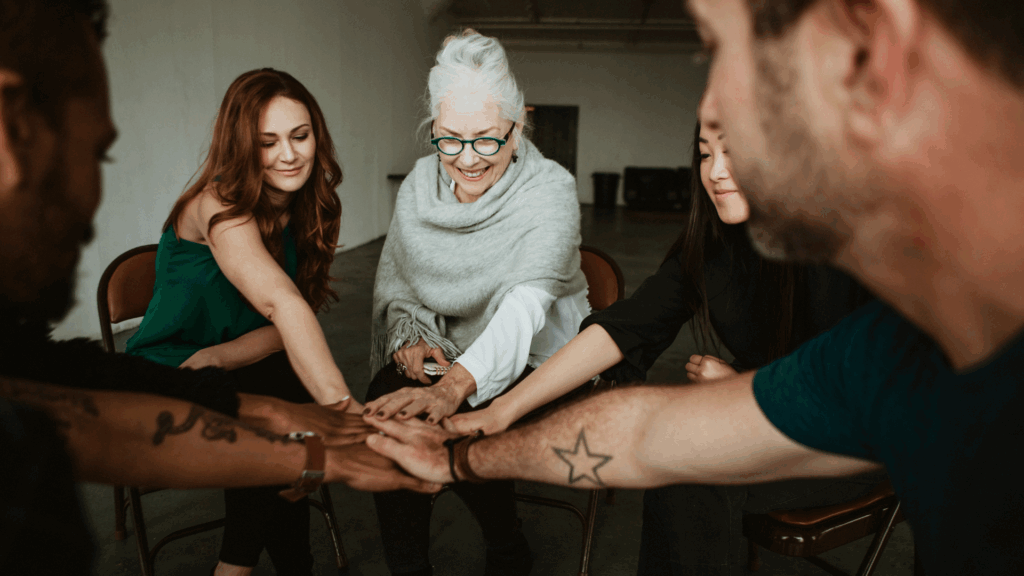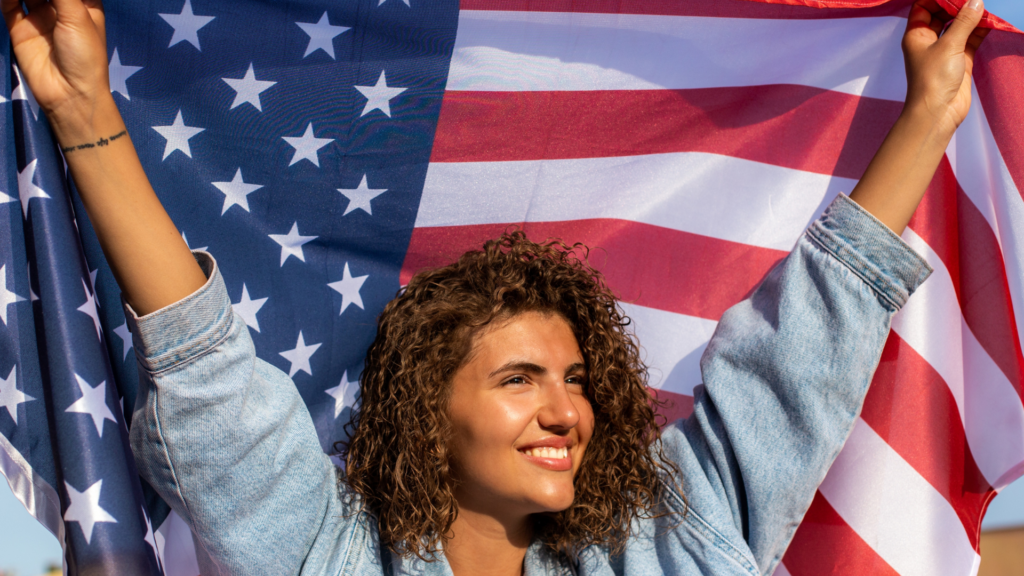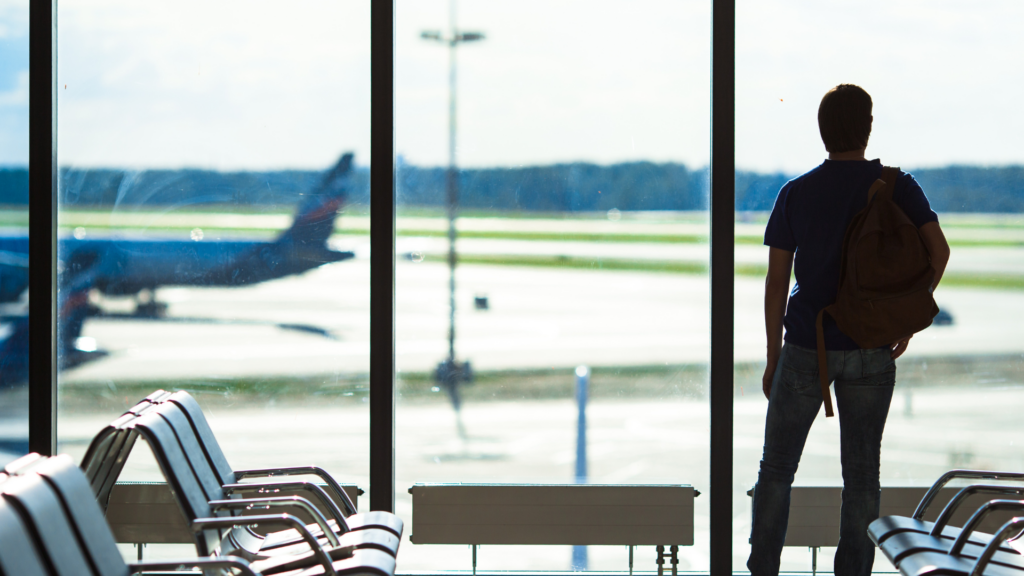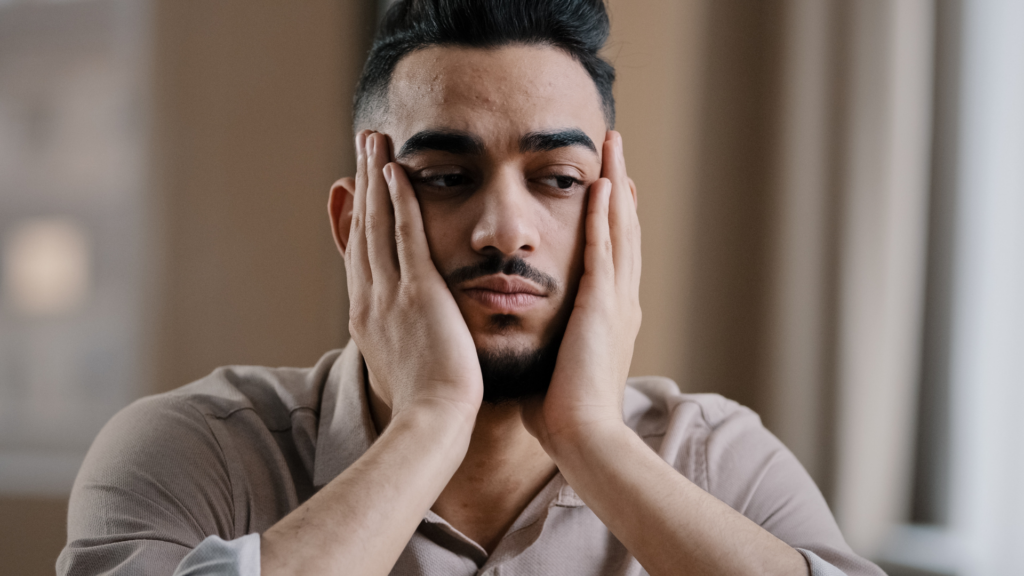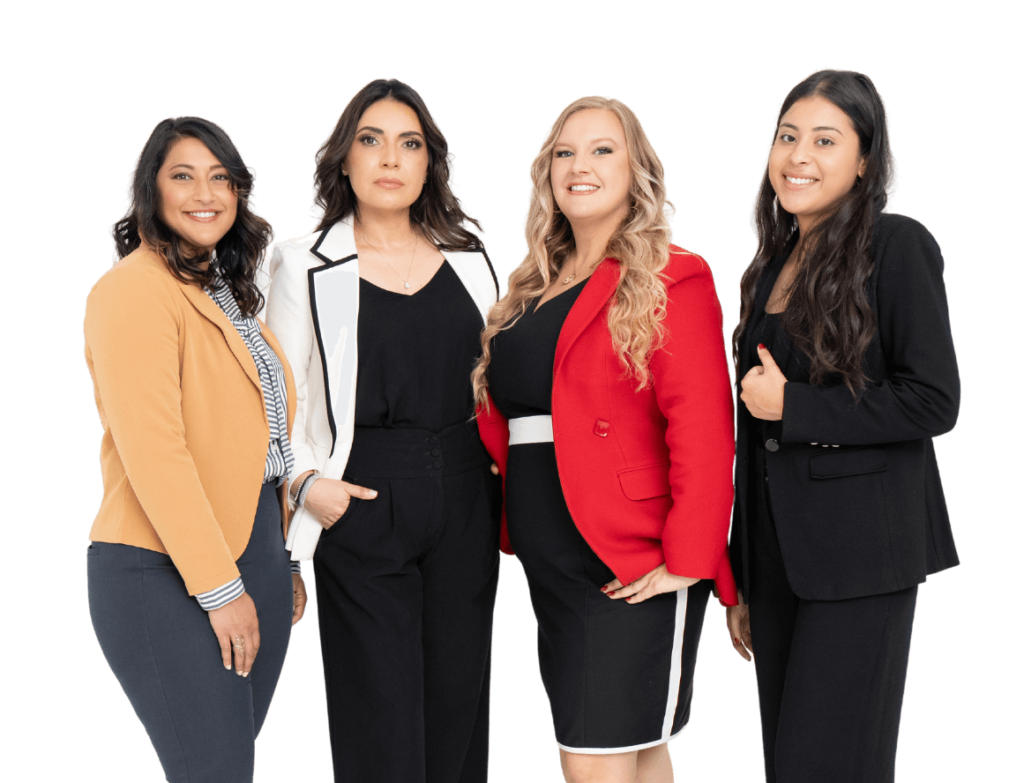The Violence Against Women Act (VAWA) provides a vital lifeline for survivors of domestic abuse, offering them a pathway to legal residency without requiring their abuser’s knowledge or involvement. Enacted in 1994, VAWA is a key piece of legislation that safeguards the rights of individuals who have experienced domestic violence, sexual assault, and other forms of abuse. VAWA protections are available to spouses, children, and parents of abusive U.S. citizens or lawful permanent residents. This blog explores who qualifies for VAWA, the benefits of applying, and how our team can guide you through this confidential, empowering process.
Who Qualifies for VAWA?
VAWA is available to specific categories of individuals who have been subjected to abuse by U.S. citizens or lawful permanent residents. This includes:
- Spouses: Individuals who are married to U.S. citizens or lawful permanent residents and have suffered abuse or extreme cruelty by their spouse.
- Children: Children (including stepchildren) of U.S. citizens or lawful permanent residents who have experienced abuse or neglect.
- Parents: Parents who have been abused by their U.S. citizen children.
Critically, VAWA protections are gender-neutral, which means that all survivors—whether male or female—are eligible for these protections. This includes those who are married to abusive spouses of the same sex. VAWA allows individuals to apply independently, without the knowledge or involvement of their abuser, offering survivors an essential tool to break free from their abuser’s control.
If you think you may qualify for VAWA, don’t hesitate to reach out for a confidential consultation. Our team is here to help you understand your options and navigate the process safely.
Key Benefits of VAWA Protections
VAWA offers several critical benefits for survivors who meet the eligibility requirements. These benefits are designed to empower individuals, provide safety, and help them establish a stable life free from abuse:
- Freedom from Abusers
- Pathway to Permanent Residency
- Confidential Application Process
- Work Authorization and Social Services
Once the evidence is collected, the next step is to prepare your VAWA petition. This can involve filling out forms such as Form I-360 (Petition for Amerasian, Widow(er), or Special Immigrant) and supporting your petition with the collected evidence. The process is detailed and requires accuracy, which is why it’s crucial to work with an experienced immigration attorney who understands the complexities of VAWA applications.
At James Immigration Law, we understand the sensitive nature of this process. Our team is committed to providing personalized, compassionate legal support to survivors of abuse. We will help you every step of the way, ensuring that your case is handled with care, confidentiality, and efficiency. From gathering the necessary documents to submitting your application and advocating on your behalf, we are here to protect your rights and guide you toward a safer future.
Take the First Step Toward Safety and Security
VAWA is an essential resource for survivors seeking to rebuild their lives and escape the cycle of abuse. If you or someone you know may benefit from VAWA protections, contact James Immigration Law for a confidential consultation. Our experienced team is here to answer your questions, evaluate your case, and help you navigate the VAWA process with care and respect. We believe that every survivor deserves the opportunity to live free from fear and to start a new chapter of life with safety, dignity, and independence.
If you found our article useful, please share it with someone who might need it. And don’t forget to follow us on Facebook, Instagram and Tiktok, as well as check out all our services at jamesimmigrationlaw.com

